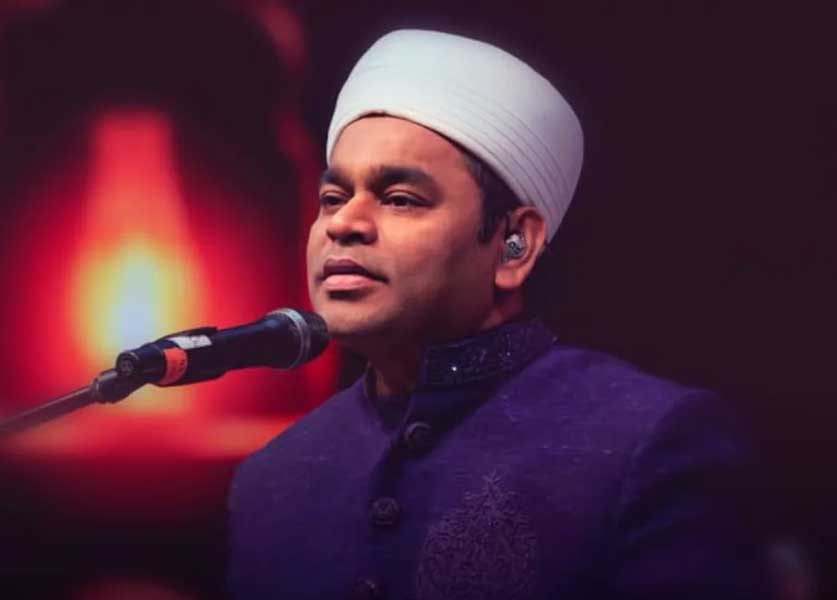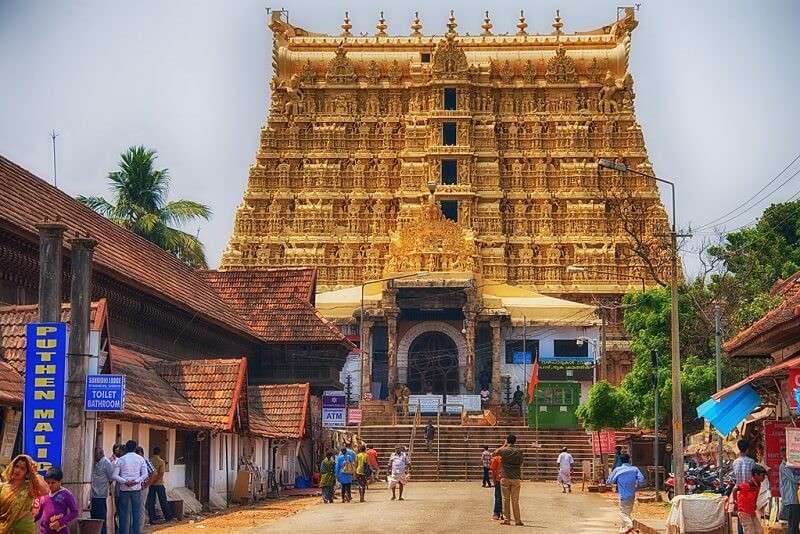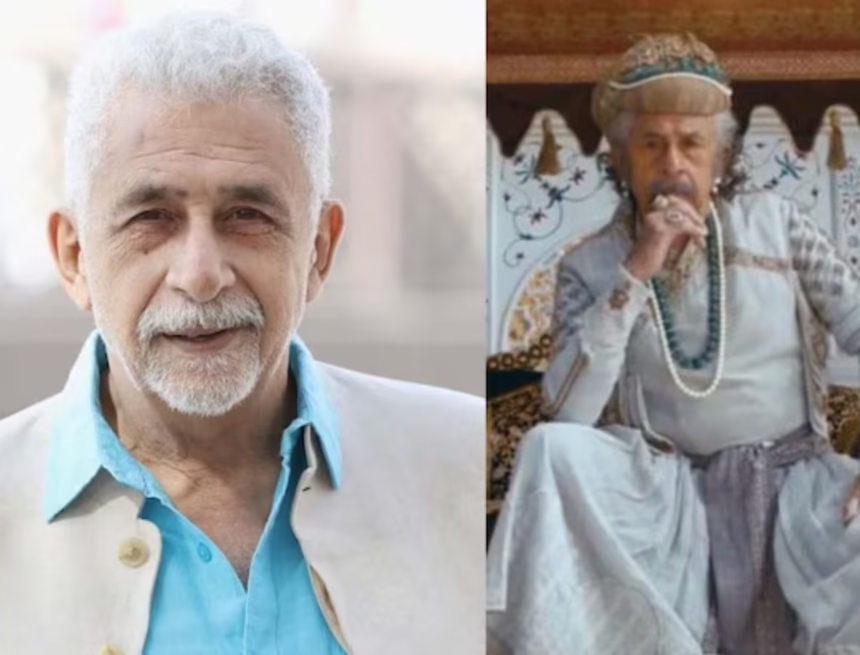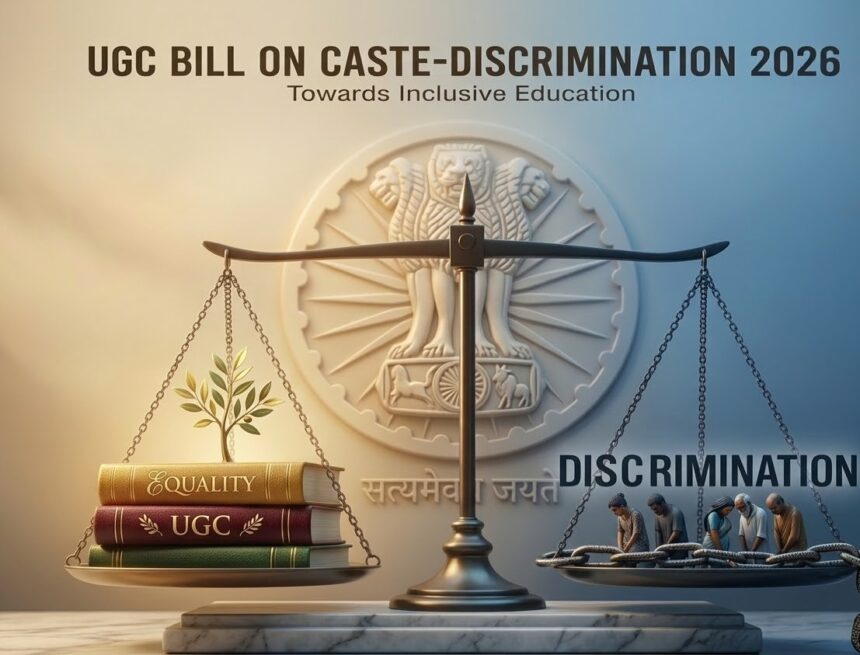Aryan Anand argues that the debate around the recent UGC guidelines has remained confined to immediate political reactions, ignoring the deeper intellectual frameworks shaping such policies. Drawing on strands of critical social theory, he contends that contemporary policy increasingly operates through rigid oppressor–oppressed binaries. Applied mechanically to the Indian context, this framework risks misreading the complex realities of caste and society. Anand suggests that policies built on such assumptions may ultimately deepen social divisions rather than address them.
Latest Posts

Gaffe or Gambit – Did A R Rahman Cross a Line While Keeping Within Others?
Was A.R. Rahman’s reference to a “communal thing” in Bollywood a careless gaffe—or a calibrated signal within a larger minority-progressive discourse? Situating his remarks within a broader pattern of celebrity secularism, this essay argues that selective invocations of intolerance often coexist with studied evasions on questions of history, identity, and civilizational memory. Rahman’s diplomatic silences—on Aurangzeb, on cultural politics, on ideological alignments—appear less accidental than strategic. The result is a familiar cycle: grievance, outrage, clarification, and international amplification. At stake is not merely celebrity speech, but the narrative framing of Hindu-majority India itself.

Inside the Temple Crisis: Governance and Preservation Challenges
Across India’s temple towns, rising tourist footfall, evolving governance structures, and new revenue models are reshaping how sacred sites are administered and preserved. Temples, once self-sustaining civilizational institutions, are increasingly treated as revenue-generating assets, with properties sold, offerings monetized, and darshan commodified. Rema Raghavan writes that this commercialization displaces local communities, erodes ritual continuity, and weakens the organic moral oversight once provided by resident devotees. As temples transform from living centers of worship into tourist spectacles, the intimate bond between deity, devotee, and community frays. Restoring temples as civilizational epicenters, she argues, requires accountable governance, empowered local participation, and an uncompromising commitment to ritual and heritage preservation.

An Air of Social Doom: Political Propaganda Passed off as Moral Messaging
This article by Sriram Chellapilla, the fifth in a series of essays on the subject, argues that celebrity anguish over press freedom, NGOs, and society functions less as moral concern and more as selective political signaling. Using Naseeruddin Shah’s statements as a framing device, the author exposes how unelected NGOs, opaque media ownership, and celebrity activism often mask ideological agendas behind the language of freedom. Chellapilla contends that scrutiny of NGOs and media is neither new nor authoritarian, having been pursued by successive governments. What is troubling, he argues, is the hypocrisy of invoking free speech only when aligned with preferred politics, while remaining silent on censorship and intimidation by “secular” regimes.

Communal Echoes in ‘Secular’ Discourse : Tropes and Themes in Naseeruddin Shah’s ‘Secular’ Rants
In the next essay of the series of articles on minority-progressive celebrities, Sriram Chellapilla dissects Naseeruddin Shah’s polemics to expose a familiar pattern in India’s “secular” discourse: the distortion of arguments, selective outrage, and the reflexive defense of Mughal icons like Aurangzeb. Through close textual analysis and historical context, the essay shows how misrepresentation, straw-manning, and moral asymmetry function as tools of what the author terms the Minority-Progressive Celebrity (MPC) narrative. At its core, the piece interrogates how Hinduphobia is normalized under the guise of liberalism while minority fundamentalism is minimized or denied.
Daily Feed
In search of Bhagavati Tara (Part 1)
Second in the list of the great Mahavidyas, the tantrik goddess, Tārā, is terrifying in appearance and yet is the one who saves, guides and protects. She ultimately helps her devotees to cross the ocean of duality.
Understanding Sikh Separatism
This essay gives a comprehensive overview of the evolution of Sikh separatism, and helps understand the underlying causes of the same.
On the existence of the Self: Part 2
The prior existence of consciousness is necessary for the universe to make its presence known to us.
Legacy of Muslim rule in India – Music & Architecture
The desire for a composite culture notwithstanding, the history of Hindu-Muslim encounters tells a story that modern Indians won't be comfortable with.
More than a renaissance
The revival of cultural consciousness among Indians looks like a Hindu renaissance but there is more to it than meets the eye.
Re-examining Sabarimala
As the Supreme Court refers the Sabarimala case to a larger bench, thereby giving a foot in the door to the devotees, it is time to grasp the essential ideas that make the case for the tradition so compelling and unignorable.
Suryanar Kovil, Kumbakonam – Part 3
Understanding the threat posed by predatory ideologies is a must if Hinduism is to survive in the future.
Language: A medium of life itself
Language has a deeper meaning attached to it than we realise.
The History and Myths of an Exceptional Hoysala Queen
Shantala Devi, the queen consort to King Vishnuvardhana of the Hoysala dynasty, has been a figure of historical intrigue and literary fascination. This article by Deeksha Tyagi explores the dual narratives surrounding Shantala Devi, contrasting historical records with fictional representations. While the author recognises that fictional potrayals help keep her in public consciousness, she asserts that only by examining both historical and fictional accounts can we gain a more nuanced understanding of her legacy.
The slander of Ikshvaku
Fictionalised retelling of the epics, if not consistent with the hermeneutics of the original texts, are slanderous in their effect on how the central characters figure in the readers' imagination.
In search of Dharmic unity with Dr. Nagaswamy
The common culture that Hindus share cuts across time and space.
Antyeshti, women & patriarchy: breaking the myths around Hindu funeral rites
Antyeshti is a sacred duty performed by relatives for the departed to ensure a smooth journey once they leave their physical body.
Daily Feed
Bagdawat Devnarayan katha and the Pratihar-Gujjar conflict
Caste-based politics, the political parties have started distorting the lineage and identity of one of the most important dynasties of the Rajput era.
Vena, Veda, Venus
Many scholars starting with Tilak have suggested that Vedic Vena is Venus but this identification has been disputed.
Perspectives In ‘Gajendra Moksha’
The cryptic allegories in 'Gajendra Moksha', the story of "Liberation of the Elephant King Gajendra" at the Lotus Feet of Sri Vishnu.
‘Worshipping False Gods’ By Arun Shourie: A Review-Summary
The 'right wing’, the ‘left wing’, the Hindus, the Muslims, the Buddhists, the Aryan-Dravidian deniers, the anti-Brahmins, practically everyone can make use of Ambedkar's writings to bash the opponent. However, at the core of his ideology was a strong antipathy to both Hinduism and the Brahmins.
Bhubaneshwar – The temple city par excellence
The magnificent sandstone temples with its brilliant workmanship showcase the perfection achieved by Kalinga architects.
Pre-Sultanate History Of The Qutub Complex
A sneak-peak into the pre-Sulatanate history of the Qutub Complex.
The experience of the Source
Connecting with a higher power requires intense dedication to practice Yoga throughout one's life, and not left for a specific period when one is free from life's many chores.
Śaṅkara Charitam – a re-telling – Chapter 08
In the 8th Chapter of Śaṅkara Charitam, Shri Ramesh Venkatraman leads us to the events preceding and foreshadowing Śaṅkara's Saṃnyāsa.
What could the new PREAMBLE of India’s Constitution be?
India's Preamble doesn't have any terms or concepts which have helped sustain this civilization since its birth.
American Progressives also typify others: Olmsted and Pollock
There are striking parallels between the seemingly progressive yet deeply prejudiced views of leftist American intellectuals of the 19th century and today.
History Of Freedom Movement: The View Of R.C. Mazumdar – Part 1
Dr Pingali Gopal uses R. C. Mazumdar's book "History of the Freedom Movement in India" as reference to evoke interest in the truth behind the popularised version of the history of India's independence.
The Evolution of Early Writing in India
Writing evolved through different phases as the Indus-valley civilization matured and spread.

